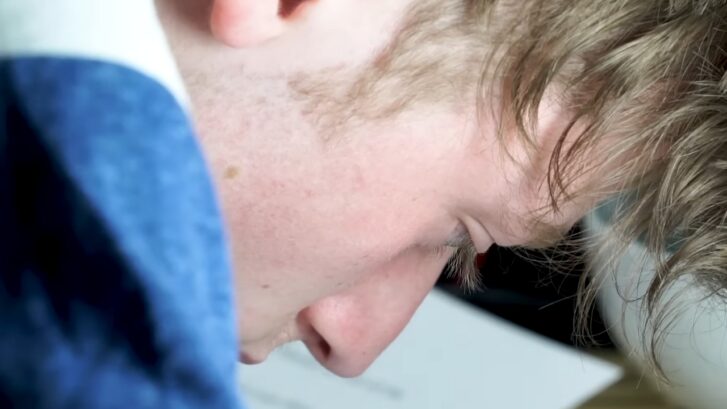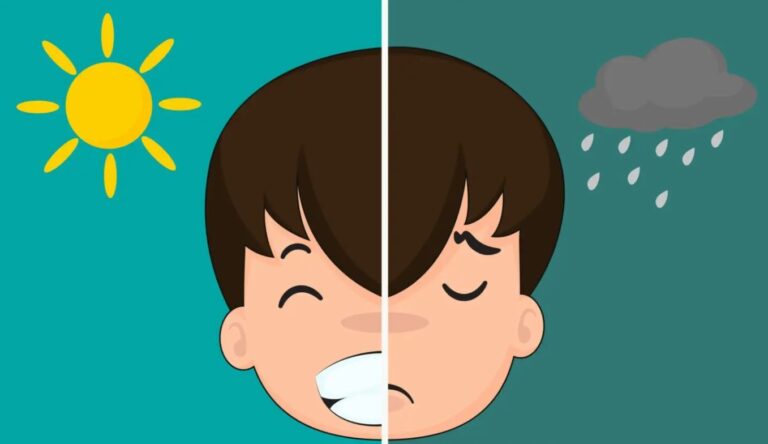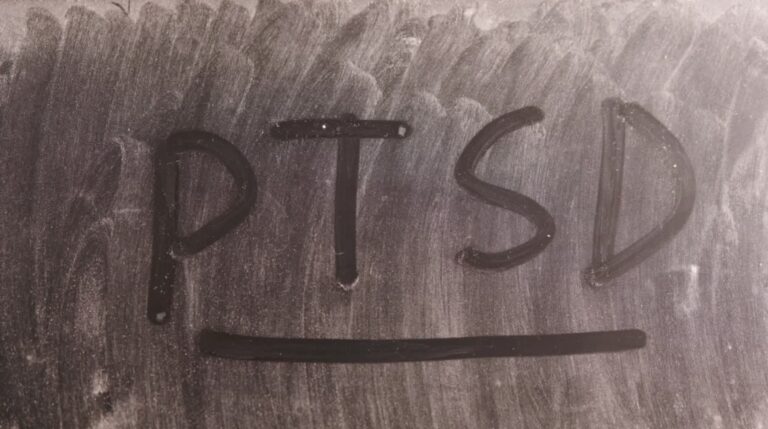First of all, you have to be aware that anxiety is a serious condition. So, if anyone around you is suffering from it, be sure to never point out to that person that it is a mild issue that can be easily dealt with. It’s far from that. This misconception will only make things worse.
The professional definition of anxiety is the feeling of stress, tension, negative feelings and thoughts, and the physical response to these, high blood pressure.
The good news is that treatment is available. It is a combination of therapy and medication. And when therapy is in question, experts from sabinorecovery.com say, it’s most important that you focus on mental health and its underlying trauma to treat anxiety disorders.
Each person’s anxiety disorder is unique and you should treat it such and make sure to tailor services to address it through individual counseling.
A lot of people think that you could die from a panic attack caused by anxiety. Well, while it cannot directly be fatal, it surely can cause some serious health issues.
Symptoms of Panic Attack
The symptoms are not universal, it differs from person to person when it comes to effects. Those who experienced it often compare it to a heart attack because of breathing difficulties and increased heart rate.
In most cases, it lasts around 10 minutes, but patients are claiming they experienced a panic attack longer than 30 minutes straight. Just think about the agony a person may be going through in those very long 30 minutes.
Moreover, learning the symptoms is the best way to know whether you or someone around you is really facing a panic attack or some other problem.
The most common are nausea, sweating, chest pain, shaking, hyperventilating, numbness, and shortness of breath.
How to Deal With a Panic Attack?
When the anxiety reaches its peak, and causes this problem, finding a way to calm yourself is essential.
Psychology plays a huge role here. You know, our bodies can trick us into thinking that certain issues are more severe than they actually are.
So, the first thing to do is to keep a clear mind. Think about your current health condition, and whether there is a chance that other physical symptoms are causing it.
If you write off all possible causes, and panic attack is the only thing left, there is a straightforward approach to deal with it.
Taking deeper and longer breaths is the first step. Also, stay focused. and count in your mind. The best solution is to keep the breath for 6 seconds, release it, and then repeat. After switching to nose breathing, release the air for seven seconds.
Combine and repeat these two methods, and the calmness will arrive in just a few minutes.
What About Long-term Treatments?
After learning about the process to apply in case of facing a panic attack, it is even more important to prevent it.
When it comes to long-term treatment, the first thing we have to highlight is that there are no simple solutions like medication that could erase the problem.
The unique aspect of anxiety is that it can lead to both physical and mental challenges. Therefore, working with a professional therapist is the only approach that can lead to results.
Besides the therapy, there is another approach you can implement that can help you feel better over time.
You will do that by creating a journal where you will save everything about your feelings, thoughts, what you sense, and changes you are experiencing throughout the day. You know, it’s tough to predict a panic attack, but determining certain triggers will surely make it easier to deal with it, or even prevent it.
More About Anxiety and How to Live With It
We will once again repeat that anxiety won’t have fatal consequences, but just letting it drive your life without taking proper actions can lead to serious issues over time, even life-threatening ones.
A common issue is that people try to hide it away and pretend like nothing is wrong. You should never feel ashamed. Ignoring it will only make it worse.
Just look for stories of other people who went through all this. All of them will say the same thing. Open up, get therapy, and become aware of the issue.
Different types of therapy can help. Upon reviewing your condition, the expert will determine which one will work best. The most common are exposure therapy, art therapy, interpersonal, dialectical, and psychodynamic.
Before that, you will find out about your type of anxiety, as there are types like Panic disorder, General, Social, Separation, and Phobia-related. They are all related to the main triggers.
When you get through all of this and finally know what type of anxiety you have, and what is triggering the panic attacks, you can come up with a proper strategy.
There are some universal solutions that have helped many people. Some of them are related to the way of life. For example, starting with medications, or just doing things that relax you, like walking, hiking, sitting next to the river, or simply listening to music.
These habits can also make a huge difference. You know, going out every night, drinking, smoking, and doing drugs are all typical defensive layers that are preventing people from being realistic, and admitting there is a problem. So, there is not really a need for us to explain more why this is bad, right?
Moreover, the thing you should definitely consider is physical activity. It will make you feel better. And it may sound irrelevant, but starting a gym will make you occupied, and also tired when you get home, so good sleep is also guaranteed.
Another great thing about going to the gym is that you will be surrounded by people who will support your efforts. That can motivate you, both for training, and mentally as well.
Last Words
In the end, the key is to keep in mind that anxiety is something you can deal with, but only if you admit that you have a problem, and try to improve your habits. Recognize the triggers and keep a journal so that you can keep it under control.
















